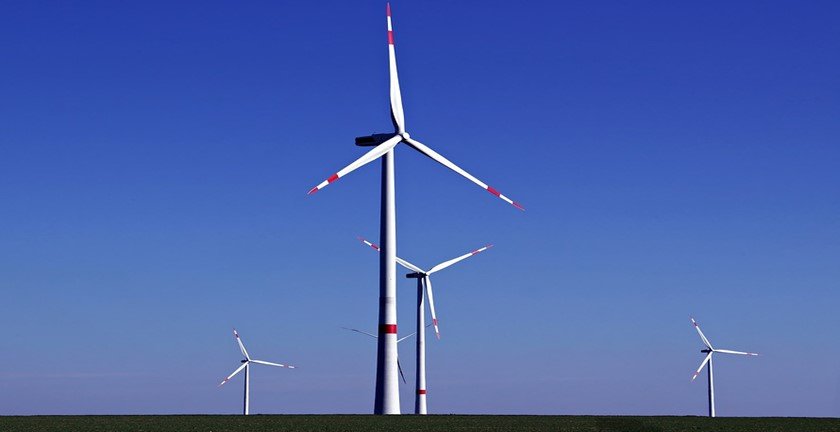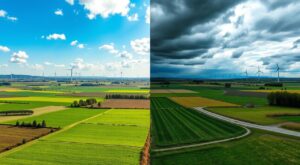As the demand for energy increases each day, more sources of renewable energy are being sought after. Renewable energy is a sustainable and clean source of generating electricity from wind, solar, biomass, geothermal, and hydropower.
These energy sources are constantly replenished and therefore cannot get depleted any time soon. Let’s take a look at the pros and cons of renewable energy.
Pros:
1. Minimal environmental impact: Production of renewable energy results to low carbon footprint or reduced emission of greenhouse gases and production of other chemical pollutants, therefore it has a minimal environmental impact.
2. Stable energy prices: The prices of renewable energy supply do not fluctuate since the cost of energy production depends on the amount of money spent on building the infrastructure.
3. Less maintenance: Since the renewable sources of energy is derived from natural resources, it requires less maintenance in the long run. The technologies used to extract energy are cheaper.
4. Continual energy supply: Renewable energy stations focus on providing a continual source of energy. Lake water and strong winds ensure a constant supply of energy.
5. Reliable source: Renewable energy is a reliable source of energy which will never run out. It is derived from natural resources which are readily available and can be sustainable for a lifetime.
6. Use of micro stations: Solar panels or small wind farms can be used to produce renewable energy to use in remote areas. Micro- stations are used to supply energy in both urban and remote areas.
7. Diversify energy supply: Renewable energy act as an alternative to non-renewable energy supply and it helps in reducing dependency on imported fuels.
8. Economic benefits: Development of the renewable sources of energy leads to economic development through the creation of job opportunities in manufacturing and installation of energy sources.
9. Boost public health: If more and more renewable energy is used, it will lead to a healthy lifestyle. No more spending on health risks associated with the use of fossil fuels like cancer and heart diseases.
10. Low cost of operation: Compared to fossil fuel production methods, renewable energy results in lower cost of operation. Although they have high development and implementation cost.
Cons:
1. Weather dependent: Renewable energy sources are highly depended on the weather. A significant change in weather condition has an impact on energy produced. If there is no steady flow of wind, the wind turbines cannot turn the blades leading to intermittency production of energy.
2. Difficult to generate large quantities: Compared to fossil fuels generators, it is difficult to generate large quantities of electricity for use.
3. High upfront capital outlay: Building the infrastructure needed to develop and implement renewable energy requires a huge financial outlay. Electricity produced should be delivered to towns adding to the cost of installing power lines.
4. Limited to specific areas: The sources for renewable energy are not available in all the locations, thus you have to build transport infrastructure to transport energy to other areas.
5. Require large area: To produce a large amount of energy on large scale, you need to set up a large wind farm and a large amount of solar panels on a large geographical area.
6. Low-efficiency levels: The technologies used for producing renewable energy are still new in the market and they lack the efficiency needed. Investors may fail to invest in these technologies due to fear of low returns.
7. Result in air pollution: Harnessing energy from Biomass may result in air pollution and also it requires a lot of energy to produce it.
8. Environmental concerns: Production of hydroelectric power from flowing water or dam water can create environmental concerns where interference with water flow can affect the growth of marine species.
9. Storage capabilities: Due to the intermittency of renewable energy supply, there is a need for energy storage which may be expensive for a large scale energy production from power plants.
10. Glare: Solar panels can cause glare and no electricity is produced at night since it relies on sunlight to produce energy.



